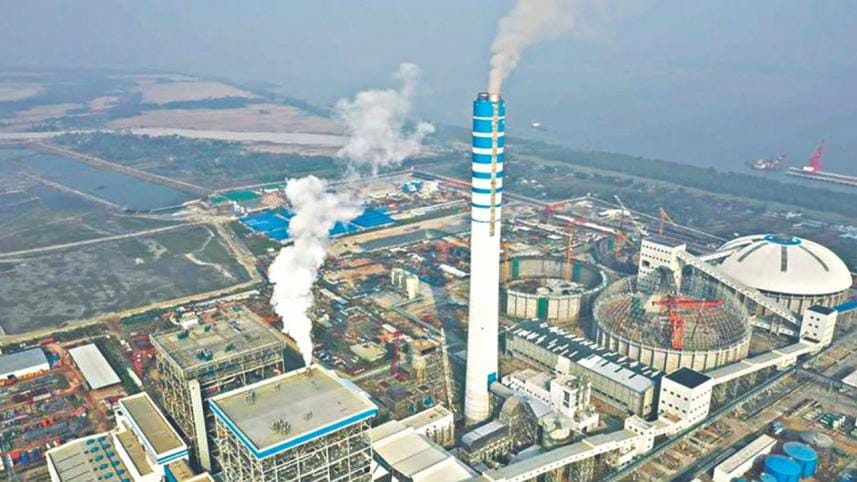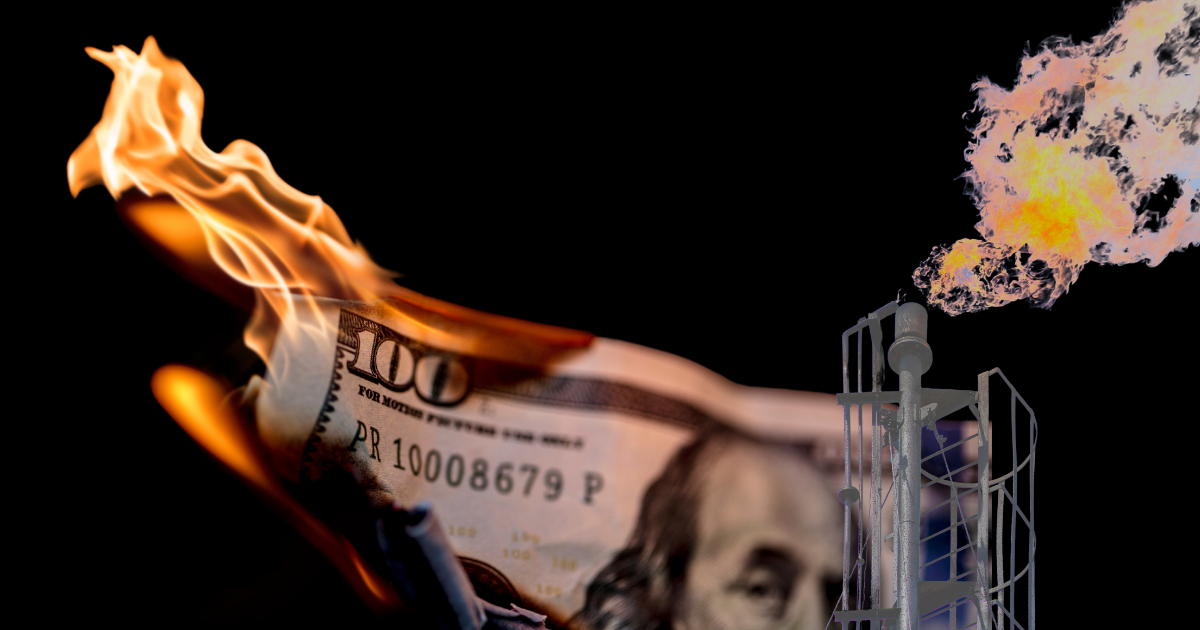Is load-shedding a symptom of Bangladesh's energy insecurity?

A headline on July 7 in The Daily Star announced, "PM considering reduced electricity production to save fuel". I have been regularly receiving messages about the recent episodes of load shedding, and not only from the poorer neighbourhoods of Dhaka, but from other cities and towns across the country. Load shedding in Bangladesh has now reached an alarming level. Rumours are heard that the government might soon mandate a work at home policy to conserve electricity. Fortunately, those who are privileged enough to live in apartment buildings with backup power generators feel less of the bite than the rest of the population, but one has to wonder how long this temporary respite would last.
Only a few months ago, our energy security appeared within reach and the leaders were leaning towards a transition towards a cleaner energy strategy. Last October, in a column in this newspaper, I touted the success story of Bangladesh's power sector ("How to fix the mess in the power sector?", The Daily Star, October 9, 2021). The country had previously in July 2021 cancelled 10 coal-powered power plant projects to reduce its future carbon footprint. There was constant talk about reduced carbon footprints, and an official of the power and energy ministry announced, "There is a concern globally about (the use of) coal and we have to adhere to that. The government is committed to reducing carbon emissions."
The tone has changed significantly since then. After Japan's JICA cancelled funding for Phase-2 of the Matarbari coal-fired power plant, the PM's energy advisor asked at a recent conference in Dhaka, "When Europe is going back to the coal-fired power plants and investing millions of dollars, how could you [Japan] take the decision to not finance Matarbari?"
We had energy surplus a few months ago, and now the country is facing the prospect of "reduced electric supply" until September, and perhaps beyond. For example, the PM on July 5, 2022 declared that the government is considering "area-based load shedding" for a specific period to save fuel used for power generation. "Today, I think that I will tell (the authority concerned) to reduce electricity production for some time (every day) to save fuel used for power generation," she said.
So, what happened, or as they say in Spanish "que pasa"? How did things change so fast that we careened from an optimistic "zero carbon" by 2050 scenario to a more sombre assessment with discussions of a traditional non-renewable and more carbon-intensive strategy? Well, the geo-political outlook has changed and much else. Inflation, the Ukraine war, and galloping prices of oil and gas have concurrently taken a toll on our plan to shift to clean energy.
Bangladesh, like all other countries, will now need to pay greater attention to its goal of energy security in light of the changing global economic and political reality and carefully balance the cost of rapid transition to cleaner sources of energy. In a New York Times op-ed, Mark Malloch-Brown, former UN deputy secretary general writes that, "The energy transition plans of South Africa indicate the scale of the challenge. Switching from coal to renewable energies like solar, wind and hydropower will cost some USD 250 billion over the next three decades, around 3 percent of South Africa's GDP." It was earlier expected that the richer countries would fund the technology transition programmes of developing countries, but they are now investing in armaments, new energy sources, and in their own war games.
Bangladesh is now justifiably soft-pedalling on previous plans to go "zero carbon" in 2050. The energy adviser to the PM vehemently denied Bangladesh had made any promise regarding net zero emissions by 2050. "Bangladesh is a very low carbon emission country and that is why the promise of net zero emissions by 2050 will not be applicable for Bangladesh", the PM's energy advisor said at a recent seminar on Integrated Energy and Power Master Plan (IEPMP).
Looking forward, Bangladesh needs to take another look at its long-term energy strategy. The leaders must reassess some of the past misguided policies. "Oil and gas remain central to global energy systems and are key to energy security, at least in the near and mid-term," according to professor Ernest J Moniz, a former US Secretary of Energy and professor of physics and engineering systems emeritus at MIT. "Sloganeering against the transitional role of fossil fuels has impeded progress on both climate change and energy security. Climate change and energy security must be one conversation to most effectively address both," Moniz adds.
The government has signalled that it is now in favour of power generation using coal. Coal is making a comeback as energy needs grow, while poorer countries are struggling to secure supplies of LNG. It is expected that the price of gas will subside in the coming year.

My research of the gas market leads me to believe that price volatility is likely to get worse. Natural gas prices have surged globally since the war in Ukraine and jumped from USD 4 per unit in 2020 to USD 41 today. "The European gas crisis is sucking the world dry of LNG," said Valery Chow, head of Asia Pacific gas and LNG research at Wood Mackenzie, an energy consulting firm. "Emerging markets in Asia have borne the brunt of this and there is no end in sight."
The dilemma for Bangladesh is multi-pronged. The coal-fired plants are facing the loss of credit while the tight LNG market is squeezing all energy out of our foreign exchange reserves. The state minister for the Ministry of Power, Energy, and Mineral Resources, however, expressed optimism that a short-term plan to extract 618 million cft additional gas from 46 wells in the country might bring some results in three years.
"Nuclear energy is a significant part of the clean energy future. There is far less carbon emission from solar energy. Along with that, new technologies will be our priority," he added. Bangladesh could be a beneficiary of the funds that the Biden administration is pouring into nuclear technology as well as renewable resources like solar and wind power.
As for the volatile oil market, prices might drop further in the coming months. The Paris-based International Energy Agency has cut its forecasts for oil demand for this year and the next. In a report published on July 12 by OPEC, the global demand growth for oil is projected to come down next year to 2.7 million barrels from the 3.4 million barrels a day in 2022. This projection is based on the decline in projected GDP growth in European economies and the USA due to soaring inflation and rising interest rates. China's economic recovery is also expected to be slow, further easing the pressure on oil markets.
Dr Abdullah Shibli is an economist and works for Change Healthcare, Inc., an information technology company. He also serves as senior research fellow at the US-based International Sustainable Development Institute (ISDI).




 For all latest news, follow The Daily Star's Google News channel.
For all latest news, follow The Daily Star's Google News channel. 
Comments